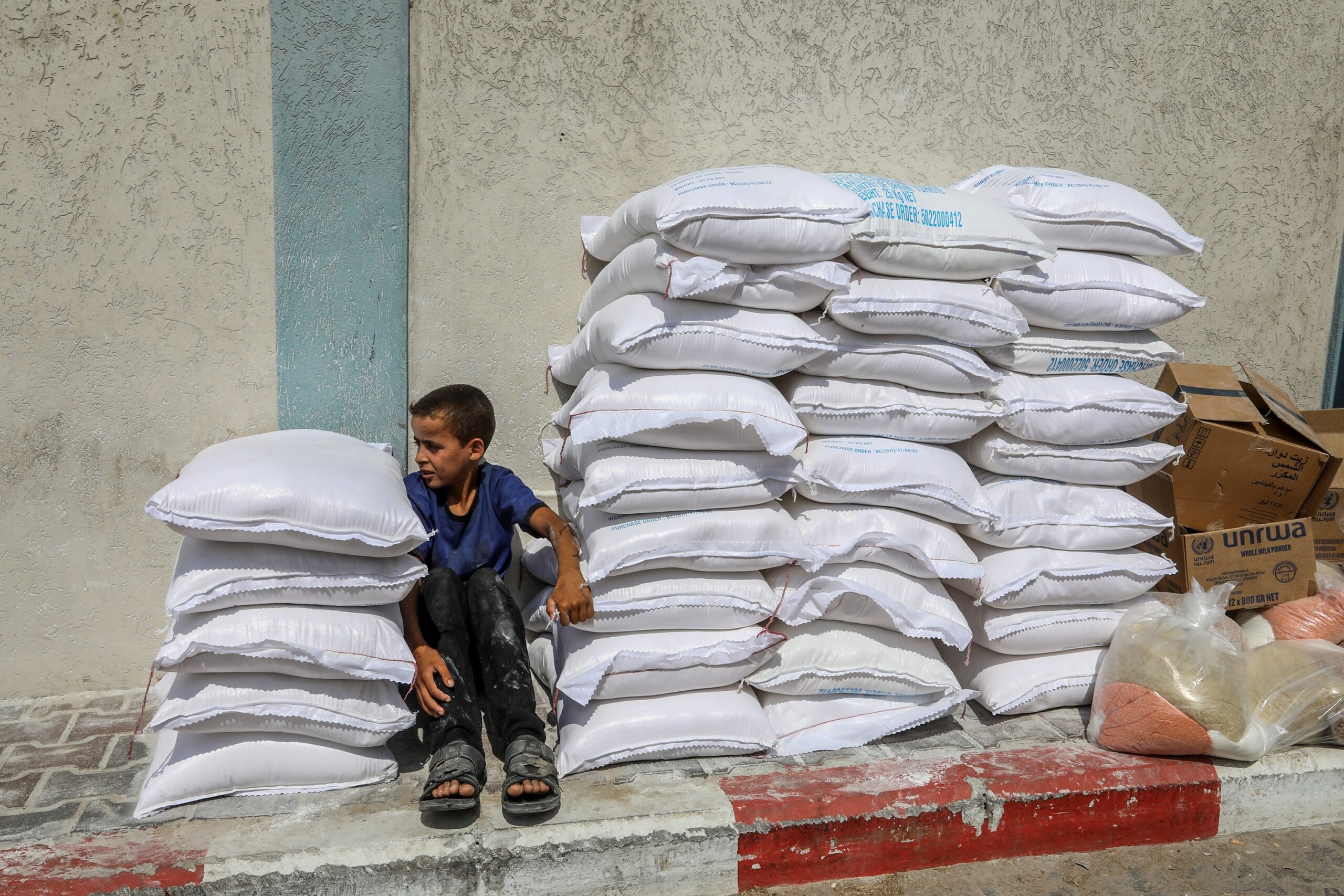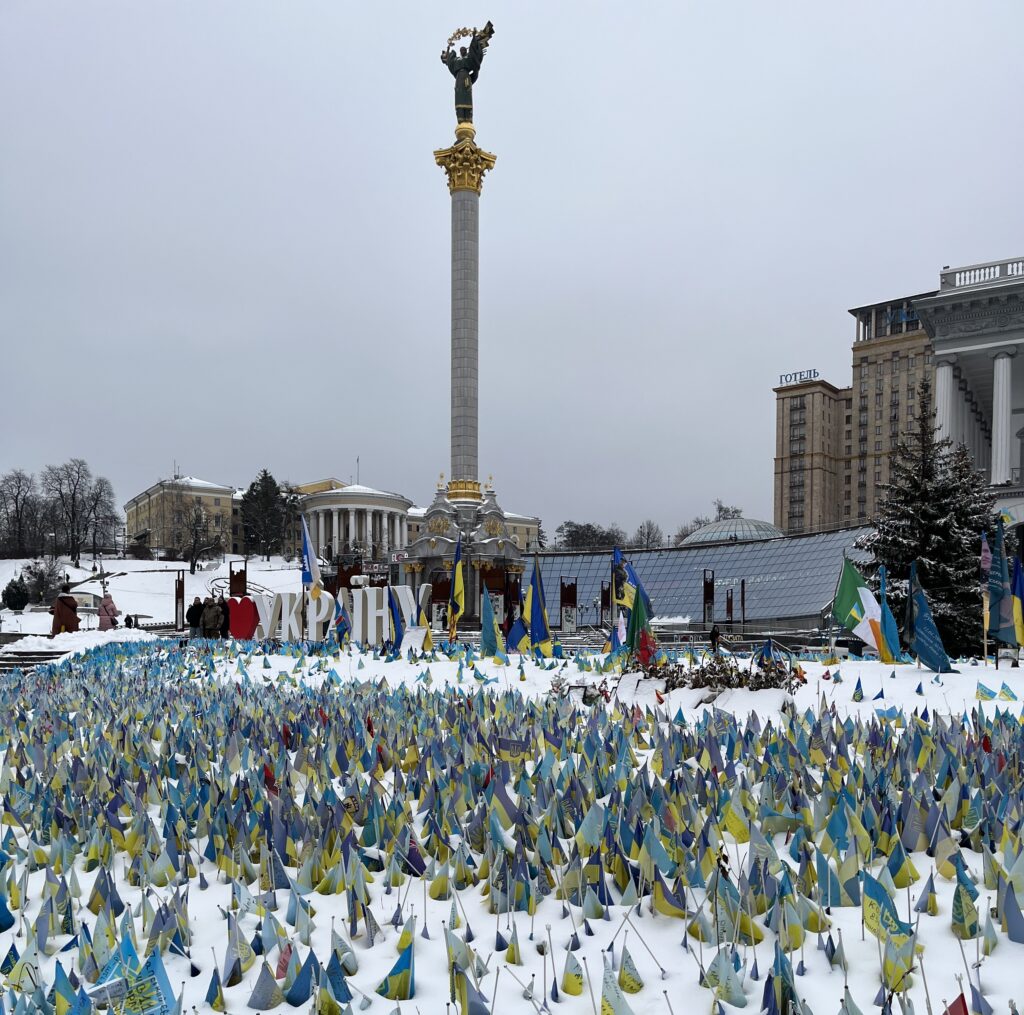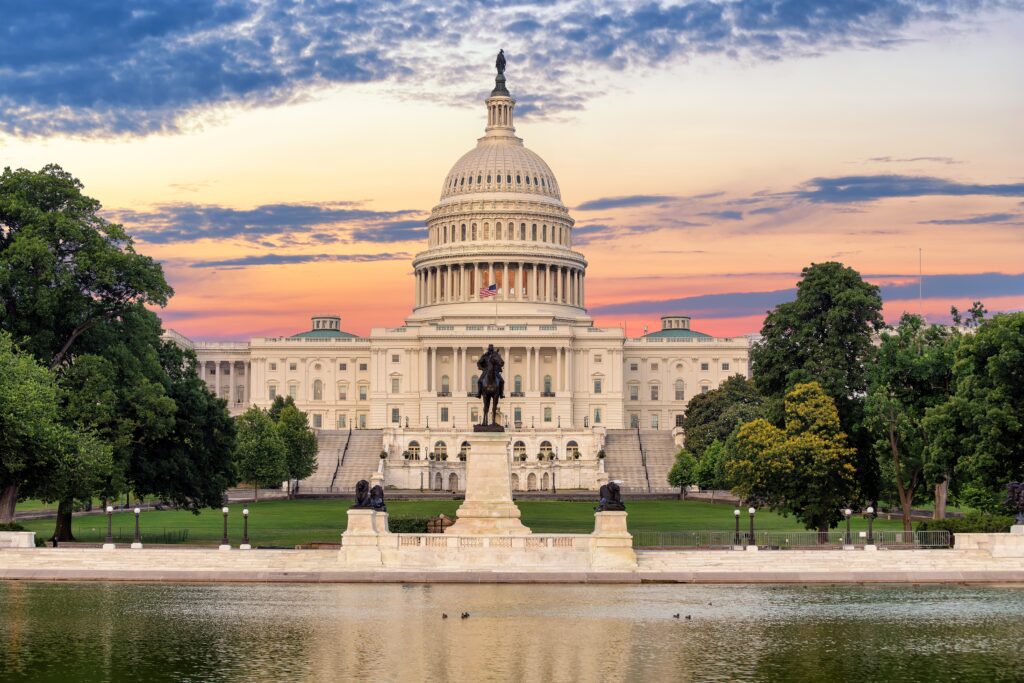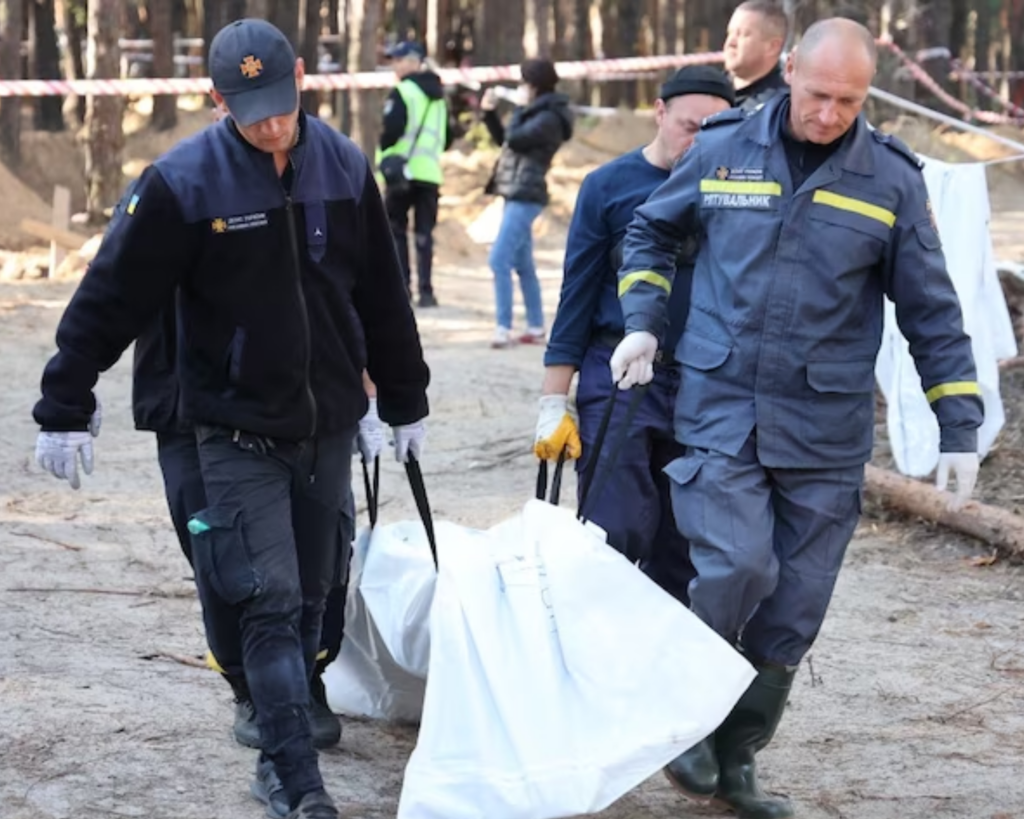In humanitarian emergencies, how life-saving assistance is delivered can be just as critical as the aid itself.
Recent experiments in conflict zones have revealed the high cost of sidelining core humanitarian principles — as well as the global risks of abandoning neutrality. Even the most well-intentioned alternatives to traditional UN-led aid efforts have faltered, with distribution centers becoming militarized, overcrowded and at times, deadly.
The core failure? A collapse of neutrality — the bedrock of humanitarian aid and a cornerstone of international law.
Here’s why the UN, with its deep credibility and vast infrastructure, is uniquely positioned to uphold that neutrality.
Neutrality 101
Neutrality is one of four core principles that guide humanitarian action, alongside humanity, impartiality and independence. These principles — enshrined in international humanitarian law and the Geneva Conventions — are not aspirational ideals; they are operational necessities. As the International Committee of the Red Cross (ICRC) puts it, “humanitarian assistance must not be politicized or militarized.”
Crucially, neutrality doesn’t mean indifference to suffering. It’s a deliberate commitment to meet human needs without advancing political or military goals.
And it works. Neutrality builds trust with affected communities and with all parties to a conflict, enabling access to vulnerable populations and protecting aid workers on the ground.
Neutrality builds trust with affected communities, enabling access to vulnerable populations and protecting aid workers on the ground.
When Systems Collapse
When partisan models attempt to replace UN systems, history shows that trusted, community-based aid hubs give way to centralized control, clearance checks and armed checkpoints. Aid gets distributed based on who passes a security screen — not who needs it most.
These practices erode the trust that humanitarian operations rely on. And as trust deteriorates, misinformation spreads. In Darfur, false rumors about poisoned water led to the deaths of three aid workers, beaten by panicked residents. The deeper the mistrust, the higher the risk.
A recent Washington Post investigation offered a harrowing account of this dynamic in South Sudan. Grace, a 30-year-old mother of three, refused to retrieve essential airdropped food bearing the flag of the same government that had bombed her village. “They killed my neighbors,” she said. “Now I should trust them?”
“These organizations aren’t humanitarian,” one analyst told the Post. “They’re agents of a government fulfilling political goals.” If this becomes the new standard, decades of hard-won progress could be undone.
The UN, on the other hand, could have delivered that life-saving aid, with pre-existing infrastructure through established community relationships — if only they’d been allowed.
A Global Warning
Humanitarian leaders understand the stakes. If donor governments and militaries begin building their own politically filtered aid systems, they risk dismantling the very foundation of modern humanitarian response.
We’ve already seen how quickly needs-based aid can become a tool of influence. Today’s workaround can become tomorrow’s precedent. And if Western governments bypass neutral systems in one conflict, others will follow. Russia and Myanmar already are.
Why It Matters to U.S. Foreign Policy
For the U.S., defending neutrality in aid isn’t just a moral imperative — it’s a strategic one.
America’s support for impartial relief through trusted international institutions like the UN reinforces its role as a global leader grounded in human rights and the rule of law.
That’s because when aid is seen as a tool of politics or war, it stops saving lives and starts endangering them. If food trucks, for example, are viewed as foreign weapons, you don’t just lose trust — you lose access, safety and the very goals of humanitarian response.
And that loss isn’t abstract. In volatile regions, perception is everything. If U.S.-backed aid is viewed as coercive, it can inflame anti-American sentiment, destabilize fragile alliances and put both U.S. and international personnel at risk.
Reaffirming Humanitarian Principles
The international humanitarian system works — when it’s allowed to. It may not be perfect, but it’s effective when supported with access, funding and the freedom to operate under international law.
What we don’t need: armed contractors handing out rations. What we do need: safe corridors, fuel for trucks, open crossings and unimpeded access. As former UN relief chief Martin Griffiths put it: “The humanitarian community is large and experienced. Let’s not reinvent the wheel.”
“The humanitarian community is large and experienced. Let’s not reinvent the wheel.”
Agencies like the World Food Programme have delivered aid in war zones for decades. They operate based on need — not political identity — using local trust, professional standards and a deep commitment to dignity.
Meanwhile, private operators have drawn scrutiny for sidestepping humanitarian norms and charging more for less. Claiming efficiency, the Post estimated one firm’s airdrop costs in South Sudan at $3.3 million — more than double WFP projected cost to deliver the same aid.
That’s what makes humanitarianism different. It isn’t transactional—it’s principled.
As the Red Cross reminds us: “We take action, not sides.”
“We take action, not sides.”




